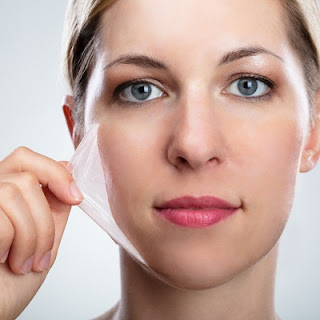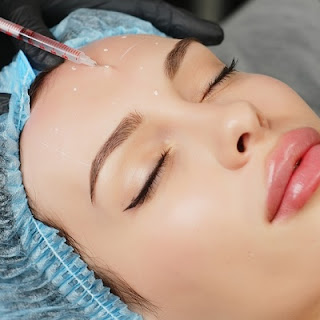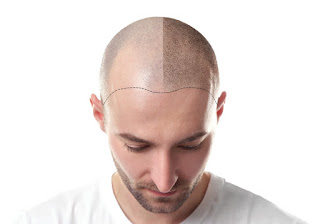Chemical Peels for Acne: Can They Help Clear Your Skin?
Acne is a common skin condition that affects people of all ages. It can be frustrating and even debilitating, causing self-consciousness and a loss of confidence. While there are numerous treatments available for acne, one option that has gained popularity is chemical peels. But can chemical peels really help clear your skin? Let's explore the benefits and considerations of using chemical peels for acne.
Chemical peels involve the application of a chemical solution to the skin, which causes the top layers to exfoliate and eventually peel off. This process stimulates the growth of new, healthy skin cells and helps to improve the overall appearance of the skin. When it comes to acne, chemical peels can be effective in several ways.
Firstly, chemical peels can unclog pores. Acne often occurs due to the buildup of dead skin cells, oil, and bacteria within the pores. The exfoliating action of chemical peels helps to remove this buildup, reducing the likelihood of clogged pores and subsequent breakouts. By keeping the pores clear, chemical peels can help prevent new acne lesions from forming.
Secondly, chemical peels can reduce inflammation. Many chemical solutions used in peels have anti-inflammatory properties, which can help calm down existing acne lesions. Inflammation is a common characteristic of acne, leading to redness, swelling, and discomfort. By targeting the inflammatory response, chemical peels can help alleviate these symptoms and promote faster healing.
Furthermore, chemical peels can improve the appearance of acne scars. Acne scars can be a lasting reminder of past breakouts, and they can significantly affect one's self-esteem. Chemical peels can help reduce the appearance of acne scars by promoting collagen production and remodeling. Collagen is a protein that gives the skin its structure, and stimulating its production can help smooth out acne scars and improve overall skin texture.
However, it is important to note that chemical peels may not be suitable for everyone. They are generally more effective for mild to moderate acne and may not yield significant results for severe or cystic acne. It is always advisable to consult with a dermatologist or skincare professional who can assess your specific condition and recommend the most appropriate treatment options.
Additionally, chemical peels may have some potential side effects. After the treatment, the skin may appear red, flaky, and sensitive. It is crucial to follow post-treatment instructions provided by your skincare professional to minimize any discomfort or complications. It is also important to protect your skin from sun exposure after a chemical peel, as it can be more susceptible to damage.
In conclusion, chemical peels can be a valuable tool in the treatment of acne. They can help unclog pores, reduce inflammation, and improve the appearance of acne scars. However, it is important to manage expectations and understand that chemical peels may not be a standalone solution for severe or cystic acne. A comprehensive approach to acne management, including proper skincare, lifestyle adjustments, and professional guidance, is often the most effective way to achieve clear and healthy skin.
If you are considering chemical peels for your acne, it is recommended to consult with a qualified dermatologist or skincare professional. They can assess your skin condition, determine the appropriate type and strength of chemical peel, and guide you through the treatment process. With the right approach and professional guidance, chemical peels can indeed be a valuable tool in your journey towards clearer, healthier skin.




Comments
Post a Comment